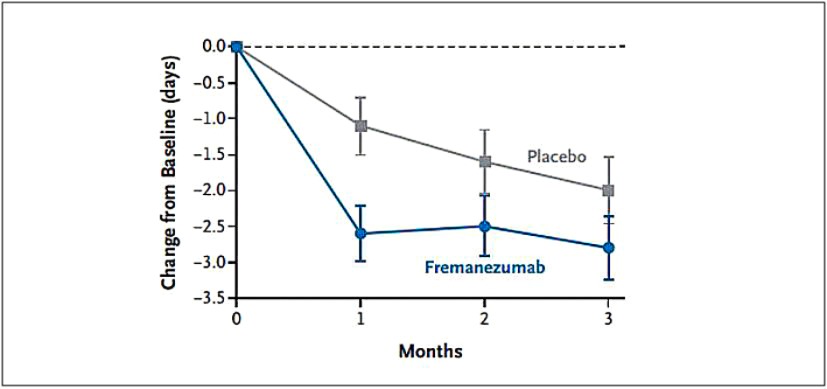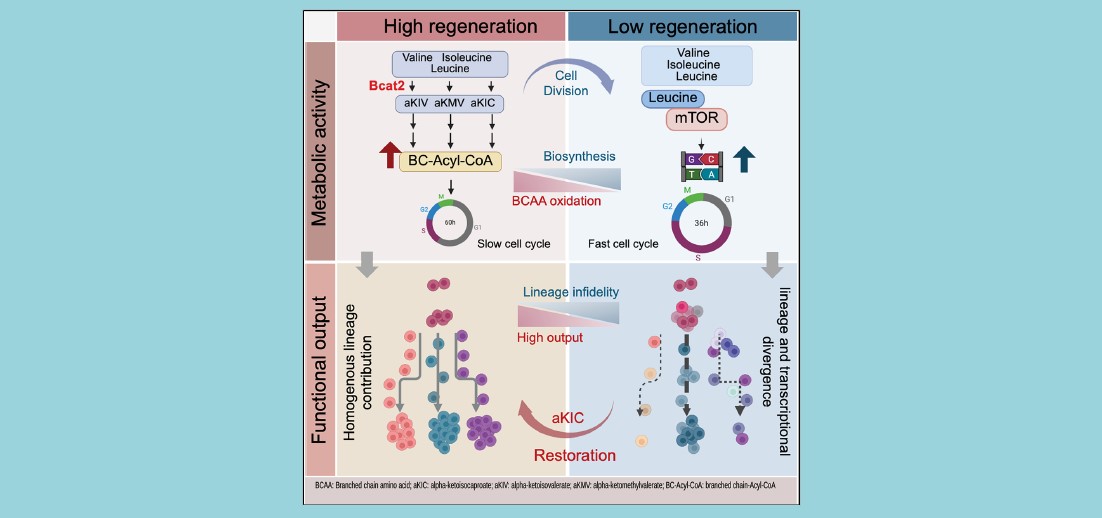Genomics Ushers in Era of Personalized Medicine
Post Date: June 30, 2019 | Publish Date: November 2017

The human genome is vastly complex. So we use metaphors to help describe it in ways that are easier to understand: A blueprint. A recipe. A computer program or The Holy Grail. But when it comes to how our genes really work, none of those descriptions are accurate.
So to me, all of these metaphors share the same shortcoming: they render the genes as the commander in chief. That is, genes determine the outcome. And genes surely play an important role, but they are not what’s calling the shots. The way biology works is that it’s always, always an interaction, an interaction between many parts. Genes are one of those parts.
So, rather than looking to DNA as a source of absolute answers, we can use the data from our own individual genomes as guideposts to help make better decisions for medical care.
What does a patient want to know when they’re first diagnosed with a disease, and they’re thinking about a therapeutic option? They want to know. “What’s going to happen to me?” Right? What if I take a drug A versus drug B?
And the data is staggering how many people a year actually die in the hospital from unintended side effects of medicine? It is at times the fourth leading cause of death in the hospital.
Much like a fingerprint, your DNA is unique to you. And many of the differences within your genes can give an idea of how your own body, organs and cells might react to different medications.
Often trying to find that medication is like trying to find a needle in a haystack. And what genetics does, is that it actually removes some of that hay, which makes finding the needle easier. It doesn’t actually tell you which medication will work. It actually tells you which medications are less likely to work.







